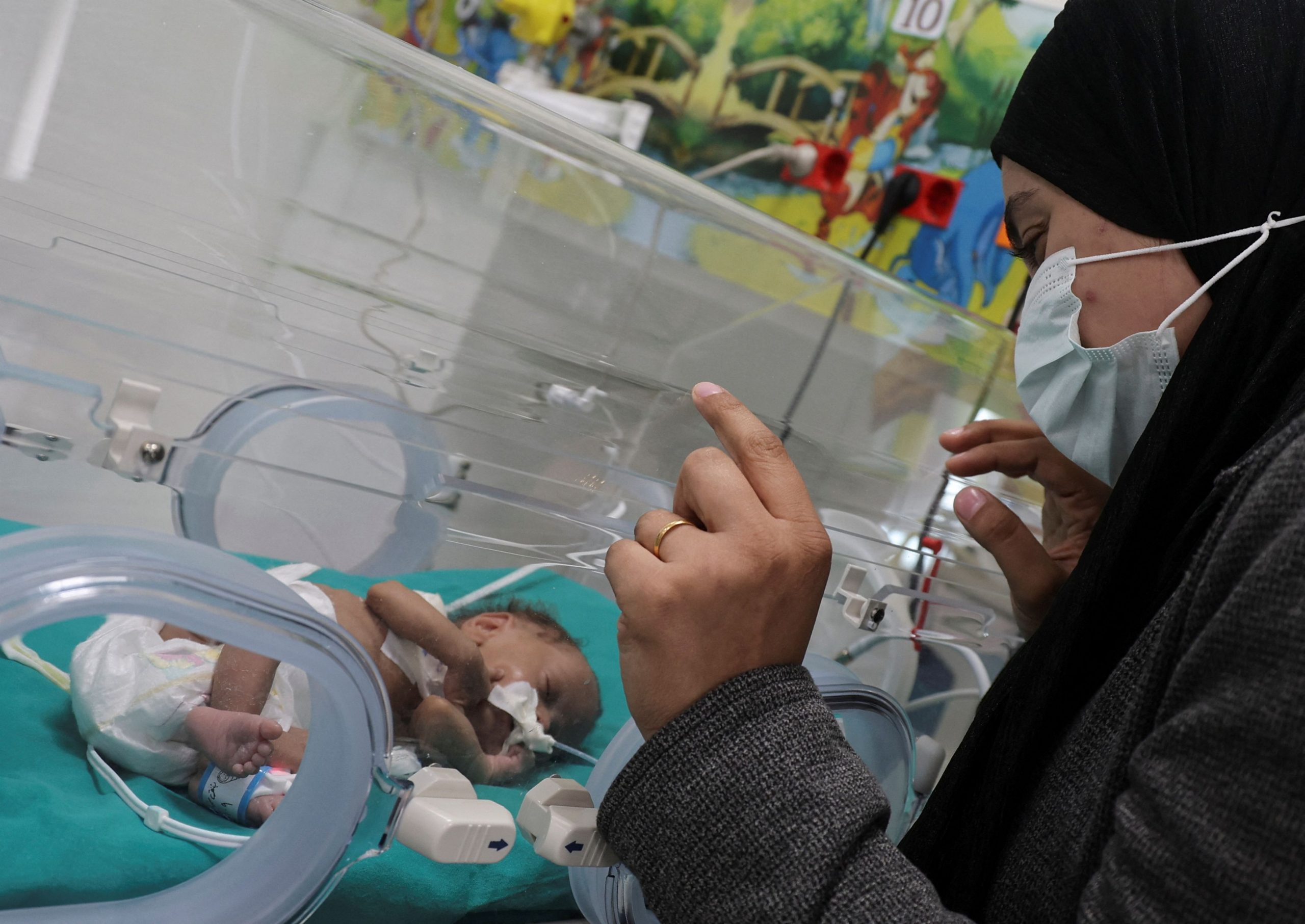Canada has secured the top position globally for comprehensive healthcare coverage, as outlined in The World Health Organization’s (WHO) World Health Statistics 2023 report. world-health-statistics-2023_20230519_
The WHO assessed 194 countries, utilizing key indicators related to critical health issues, encompassing reproductive, maternal, newborn, and child health, infectious diseases, noncommunicable diseases, and service capacity and access.
The WHO, in its pursuit of monitoring universal health coverage (UHC), is employing two primary worldwide indicators: the coverage of essential health services and the absence of financial protection. Lack of financial protection is defined as the “proportion of a country’s population with large household expenditures on health relative to their total household expenditure.”
Although the provided data primarily addresses the coverage aspect of UHC, it underscores the prevalent global disparities in access. Canada leads with a total score of 91 index points out of 100, followed closely by Iceland, the Republic of Korea, and Singapore, each securing 89 points. This stark contrast is evident when considering countries at the lower end of the spectrum, such as South Sudan (34), Central African Republic (32), Papua New Guinea (30), Chad (29), and Somalia (27).
In tracking global trends, WHO researchers highlight a stagnation in improvements to health services coverage since 2015, with a modest increase of three index points to 68 by 2019, remaining constant until 2021. Approximately 4.5 billion people lived without full coverage of essential health services in 2021. Notably, in 2019, out-of-pocket health spending pushed 344 million people further into extreme poverty, with 1.3 billion experiencing relative poverty.



